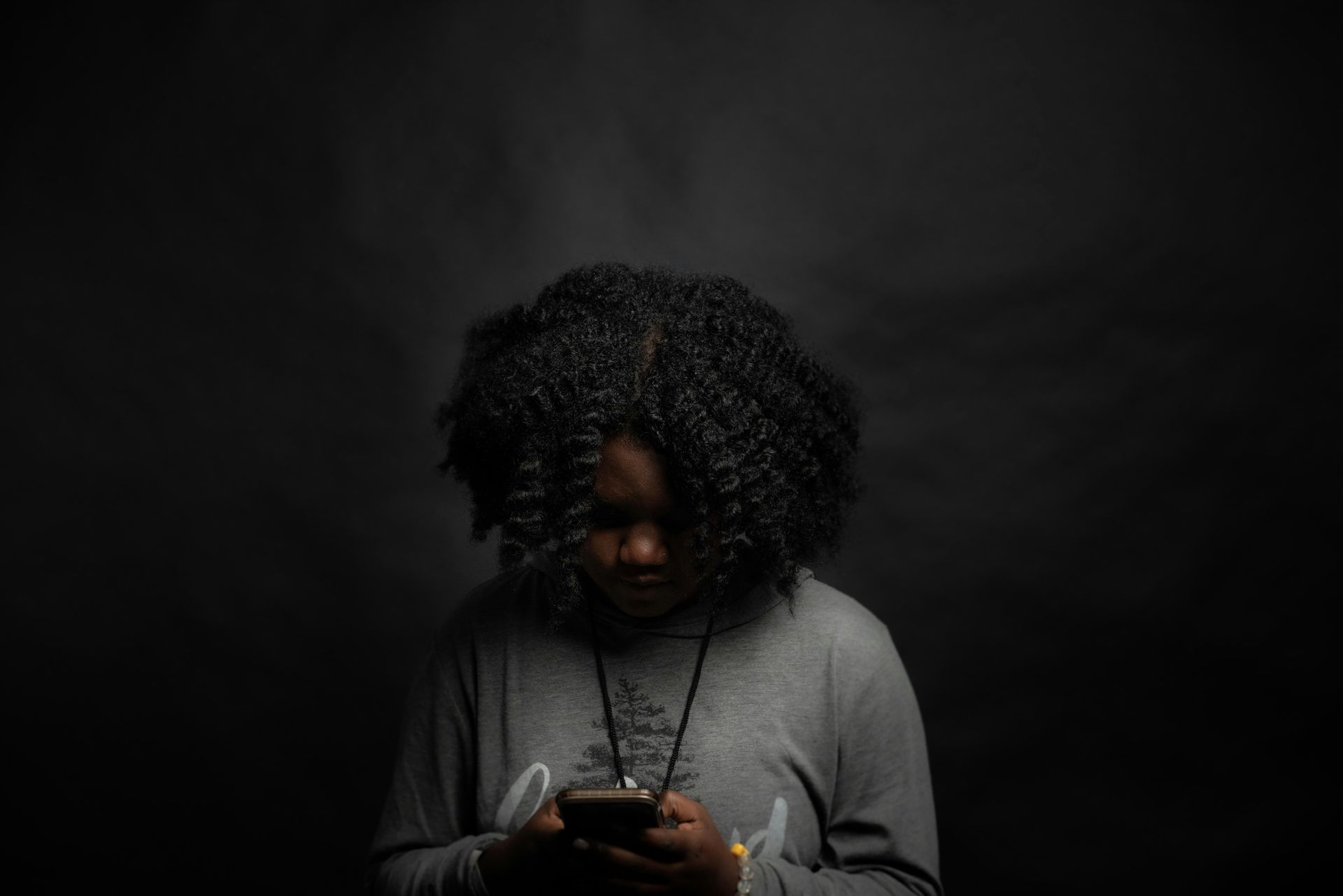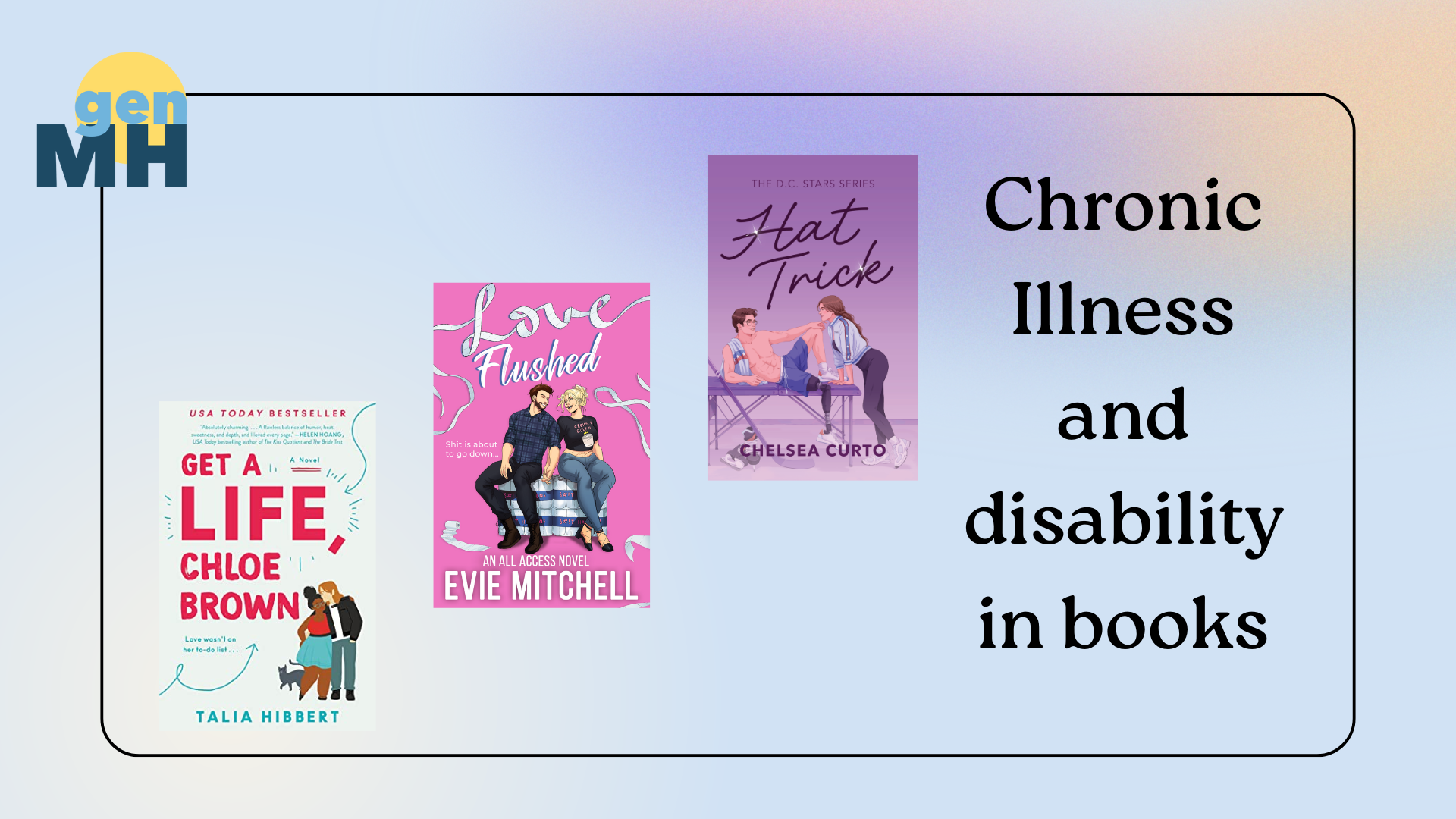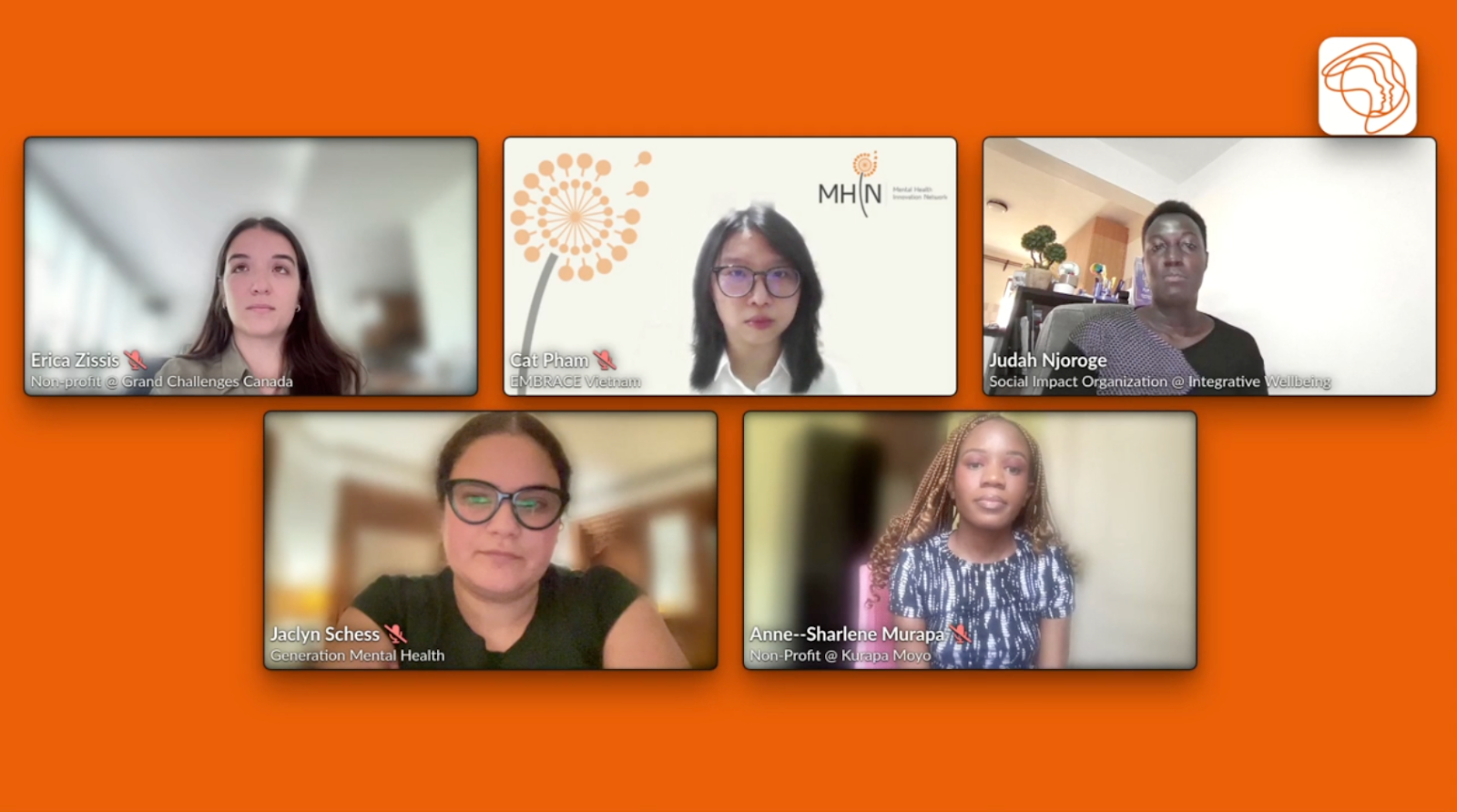How Social Media Anxiety Creeps Up On Young People
Navigating the Hidden Toll: How Social Media Fuels Anxiety in Today’s Youth

Cover Photo by Chad Madden on Unsplash
Social media refers to all websites and applications that enable users to create and share content, as well as participate in social networking. The creation of social media was focused on sharing information more quickly and networking with people from various regions around the world. But with time, social media has become a breeding ground for pressure, fear, and anxiety.
In this article, we take a peek at the anxiety that youths of today face because of social media, and the different ways in which this anxiety manifests itself.
According to Healthline, anxiety is your body’s natural response to stress. It’s a feeling of fear or apprehension about what’s to come. This is a normal human emotion, but when it becomes excessive and disrupts your daily functions and activities, it needs to be addressed. Some examples of anxiety disorders include: Generalised Anxiety Disorder (GAD), Separation Anxiety Disorder, Social Anxiety Disorder (Social Phobia), etc.
Social Media Anxiety
This can be defined as the unease or stress that comes from using a social media platform. This comes with fear and pressure. This can be characterised by negative emotions and behaviours that come with the use of social media. These behaviours may include tailoring yourself to social media standards, the pressure to be on every trend and so on.
How Social Media Anxiety Affects Youth
Teenagers often behave in unpredictable ways. At that age, acting out and certain emotional outbursts are normal, but in some situations, when they become more inconsistent and uncontrollable, it is essential to examine the triggers.
Anxiety in youth affects key aspects of their lives: their physical health, academic performance, social interactions, and emotional well-being. It may exhibit physical symptoms, such as headaches, sleep disturbances, and muscle tension. In social life, young people may begin to isolate and avoid social situations. This affects their academic performance as they lose concentration in their schoolwork and start avoiding school.
Emotionally, these youths begin to develop fear, worry, and unease in certain situations. In the long run, these feelings can develop into panic attacks, social anxiety and related phobias.
How Social Media Brings About Anxiety
It is important to talk about how social media shapes “the vulnerable age” mentally. According to Australian Charities And Non-for-profits Commission (ACNC), “Vulnerable people are defined as people aged under 18 or other individuals who may be unable to take care of themselves or are unable to protect themselves against harm or exploitation”.
The U.S. Surgeon General released an advisory on the effects of social media,
and it stated that teens who spend more than three hours a day on social media double their risk of depression and anxiety. This also put them at risk of the following tendencies:
- Comparison trap
You scroll through social media and conclude, “Everyone on social media is happy.”
This statement is a trap that most people fall for. The younger mind can not identify a mirage or a filter from real life, and as such the ready access to other people’s lives becomes fertile ground for the comparison cycle.
For young kids and teenagers, peer pressure exacerbates their feelings: being trendy or cool seems to be the priority, and social media has allowed them to showcase their possessions and portray a perfect life.
The endless comparisons between the lifestyles of their peers can cause negative feelings, and when they can't be met, they fester and lead to anxiety.
- Fear of missing out (FOMO) syndrome
Cleveland Clinic explains FOMO as “ the feeling or perception that other people are having fun, experiencing new things or living a better life than you.”
Such feelings can breed with friends, but also with parasocial relationships we form online.
Statistics show that with the evolution of social media, more people, especially teenagers, exhibit this phenomenon as their activities and lifestyles are increasingly up for consumption. It brings about envy, low self-esteem and unease just seeing people have fun without you.
- Social validation
This generation looks to the internet to learn how to look or dress, and in essence, validate their choices. If the internet says it's bad, then it probably is. If someone is not able to keep up with the standards of the virtual world, they are prone to being bullied and left out.
Often, they may judge themselves too harshly, even before the world does.
- Phone Separation Anxiety
Also known as nomophobia, this condition can occur when a person becomes anxious after being separated from their phone or social media platforms. The causes include fear of disconnection, overdependence on the phone, and social pressure. This leads to a reduction in productivity, anxiety, and social isolation.
Bouchra’s Story: When Social Media Stops Being Fun
Bouchra first joined social media at just 11 years old. Like many others her age, it began as a fun way to connect and keep up with friends. But things took a turn when a falling out with her friend group led to online bullying. What started as a simple disagreement escalated into hateful comments and targeted attacks. Over time, Bouchra began to internalise the cruel words being thrown at her. The joy of being online faded, replaced by self-doubt and anxiety.
By the time the COVID-19 lockdown hit in 2020, Bouchra felt some relief to be away from the real-time pressures of social circles. But the break didn’t last long. New forms of online harassment emerged. She began receiving unsolicited images from strangers, an experience that further damaged her mental well-being and deepened her anxiety around social media.
It wasn’t until 2022 that Bouchra began actively seeking help. She joined support groups that helped her process her experiences and begin the journey toward healing. Today, she is finding ways to rebuild her confidence, set healthier boundaries online, and share her story to help others feel less alone.
Curbing social media anxiety
Here are some proactive steps we can take to help curb the growing impact of social media on mental health:
- Encourage offline activities: Promote healthier alternatives like reading, physical exercise, creative hobbies, or learning new skills. These activities offer balance and can build self-esteem outside the digital world.
- Set boundaries early: Establish clear rules around screen time. Create schedules that include device-free time and use screen limit settings to help reduce overuse.
- Open up conversations: Educate children and teens about the potential downsides of social media. Build a safe, judgment-free space where they can talk openly about what they experience online.
- Stay involved: Monitor their online activity—not by spying, but by staying engaged. Keep an eye out for concerning signs like excessive scrolling, withdrawal from offline life, or visible stress and anxiety.
While looking at preventative measures, we should also look at corrective measures like:
- Seek professional help: Consider therapy with a practitioner experienced in youth anxiety. A mental health professional can help identify root causes and build coping mechanisms.
- Develop emotional regulation strategies: Encourage healthy emotional responses through techniques like journaling, self-reflection, mindfulness, and grounding exercises.
- Foster self-compassion: Help young people understand that it’s okay to struggle. Building emotional intelligence and self-awareness can go a long way in countering the internalised pressures of the online world.
Many young people don’t even realise they’re experiencing social media anxiety until it starts affecting their everyday lives. Yet the pull of social media, with its dopamine highs and validation loops, continues to draw them back in.
That’s why awareness, education, and protection are essential. Small steps, whether it’s setting boundaries, encouraging offline time, or simply starting a conversation, can make a big difference.
Change doesn’t have to be immediate or massive. But it does have to start somewhere. And it begins with us.
About the author:
I am Obanya Favour Isioma, a Nigerian mental health writer who writes from the heart about mental health, healing, and the messy parts of being human. Through honest words and gentle reflections, I bring to light tips that help you see more meaning to life.


